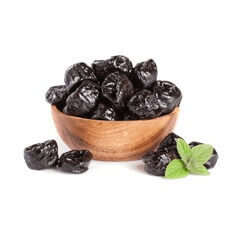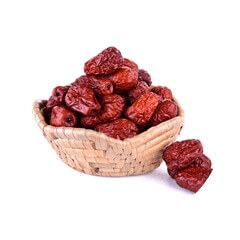Walnuts
- Home
- Nuts & Seeds

Walnuts
Walnuts are a healthy, high-fat snack that can help provide the fuel your body needs. In addition to being a superb source of antioxidants, Vitamin E, and Omega-3 fats, walnuts are known for boosting brain activity. Because of the presence of healthy fats, protein, and fiber, walnuts make a more nutritious snack than chips, crackers, and other simple carbohydrate foods. We don’t just sell walnuts. We sell the idea that anything is better with walnuts. Great for snacking and cooking, these handpicked and dried nuts are naturally delicious.
An accumulation of oxidative damage in your body may be hindered by the antioxidants found in walnuts. “Bad” LDL cholesterol, which contributes to atherosclerosis, damages your body in addition to being detrimental to your health.
Because walnuts have high-fat content and are easily rancid, they should be stored in an airtight container in a cool, dark, and dry location. Rancid nuts are not toxic, but they have a pungent flavor that some people might not like.
Rancid nuts, including walnuts, are not unsafe but have a pungent flavor as a result of their high fat content. Keeping walnuts in their shells in a cool, dark, and dry environment can help extend their shelf life. Nuts can be eaten raw or processed into granola bars, mixed into baked goods, or used as a topping on salads.
Excessive walnut consumption has been associated with both constipation and diarrhea. However, consuming too many walnuts in one sitting may cause digestive issues in people with irritable bowel syndrome (IBS). Because of their high oil and fiber content, those with IBS may suffer as a consequence of consuming too many walnuts. People who are allergic to nuts should not eat walnuts. A balanced diet and regular exercise is the healthiest way to live.










